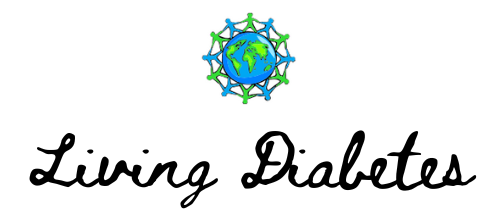A new research study investigates how dietary choices impact insulin needs and overall health in people with Type 1 diabetes.
Key Findings:
- Reduced Insulin Requirements: Participants on a low-fat vegan diet needed less insulin daily.
- Improved Insulin Sensitivity: Those on the vegan diet became more responsive to their insulin.
- Better Blood Sugar Control: Both diets helped lower A1C levels, a measure of blood sugar control, but the vegan diet had a slightly better outcome.
- Heart and Kidney Health: The vegan diet also improved cholesterol levels and indicators of kidney health.
Study Insights
Diet and Diabetes: The study compared a low-fat vegan diet to a standard portion-controlled diet over 12 weeks. Results demonstrated that the vegan diet not only helped patients better manage their blood sugar levels and general health but also helped reduce the amount of insulin they required. [1]
Why it Matters: Type 1 diabetes is a condition where the body can’t produce enough insulin on its own. Managing insulin intake and blood sugar levels is crucial for those affected. Health professionals prioritise finding effective ways to reduce insulin dependency and improve metabolic health.
Health Benefits Beyond Diabetes: The vegan diet also showed benefits for heart and kidney health, which is important for long-term well-being in diabetes patients.
Expert Commentary
Experts suggest that diet can play a crucial role in managing Type 1 diabetes alongside medication. This study indicates that a low-fat vegan diet might offer a valuable option for patients looking to enhance their diet’s role in managing their condition.
While this study provides promising insights, further research with larger participant groups will be essential to fully understand the benefits and practical applications of dietary interventions in diabetes care.

